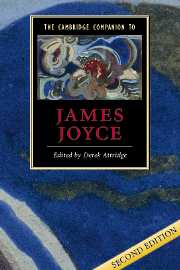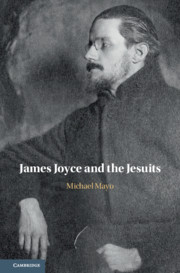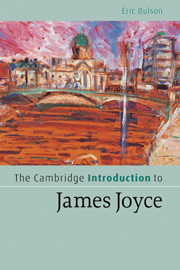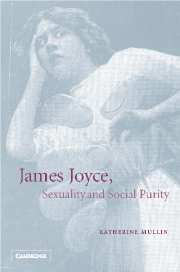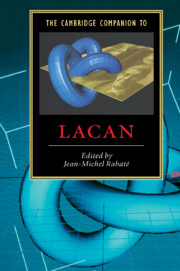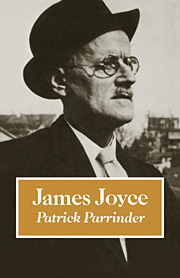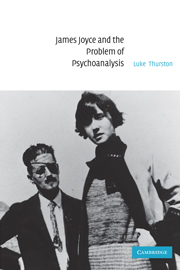
James Joyce and the Problem of Psychoanalysis
- Author: Luke Thurston, University of Wales, Aberystwyth
- Date Published: February 2010
- availability: Available
- format: Paperback
- isbn: 9780521128834
Paperback
Other available formats:
Hardback, eBook
Looking for an inspection copy?
Please email [email protected] to enquire about an inspection copy of this book
-
From its very beginning, psychoanalysis sought to incorporate the aesthetic into its domain. Despite Joyce's deliberate attempt in his writing to resist this powerful hermeneutic, his work has been confronted by a long tradition of psychoanalytic readings. Luke Thurston argues that this very antagonism holds the key to how psychoanalytic thinking can still open up new avenues in Joycean criticism and literary theory. In particular, Thurston shows that Jacques Lacan's response to Joyce goes beyond the 'application' of theory: rather than diagnosing Joyce's writing or claiming to have deciphered its riddles, Lacan seeks to understand how it can entail an unreadable signature, a unique act of social transgression that defies translation into discourse. Thurston imaginatively builds on Lacan's work to illuminate Joyce's place in a wide-ranging literary genealogy that includes Shakespeare, Hogg, Stevenson and Wilde. This study should be essential reading for all students of Joyce, literary theory and psychoanalysis.
Read more- A study which combines literary criticism with investigation of psychoanalytic readings of texts
- A detailed investigation of French psychoanalytic theorist Jacques Lacan's response to and use of Joyce's works
- Examines both Joyce's writing and Lacan's response to it in the light of psychoanalytic interests within contemporary literary criticism and theory
Reviews & endorsements
Review of the hardback: '… ingenious arguments …' The Times Literary Supplement
See more reviewsReview of the hardback: 'Thurston is able to demonstrate that it is the work of the late Lacan that finally offers us a way out of the hermeneutic trap of trying to solve the riddles of the text. … a thoroughly researched, well informed and well written account of the late Lacan's encounter with Joyce - a phase in the history of psychoanalysis and its engagement with literature which is not known enough in the Anglo-American Academy because the primary texts are largely untranslated, and, as this study convincingly argues, may well be untranslatable.' Anglia
Customer reviews
Not yet reviewed
Be the first to review
Review was not posted due to profanity
×Product details
- Date Published: February 2010
- format: Paperback
- isbn: 9780521128834
- length: 248 pages
- dimensions: 229 x 152 x 14 mm
- weight: 0.37kg
- availability: Available
Table of Contents
Prologue: Groundhog Day
Part I. On Traduction:
1. An encounter
2. Freud's mousetrap
3. The pleasures of mistranslation
Part II. Unspeakable Joyce:
4. How am I to sign myself?
5. Egomen and women
6. God's real name
Conclusion: mememormee.
Sorry, this resource is locked
Please register or sign in to request access. If you are having problems accessing these resources please email [email protected]
Register Sign in» Proceed
You are now leaving the Cambridge University Press website. Your eBook purchase and download will be completed by our partner www.ebooks.com. Please see the permission section of the www.ebooks.com catalogue page for details of the print & copy limits on our eBooks.
Continue ×Are you sure you want to delete your account?
This cannot be undone.
Thank you for your feedback which will help us improve our service.
If you requested a response, we will make sure to get back to you shortly.
×
